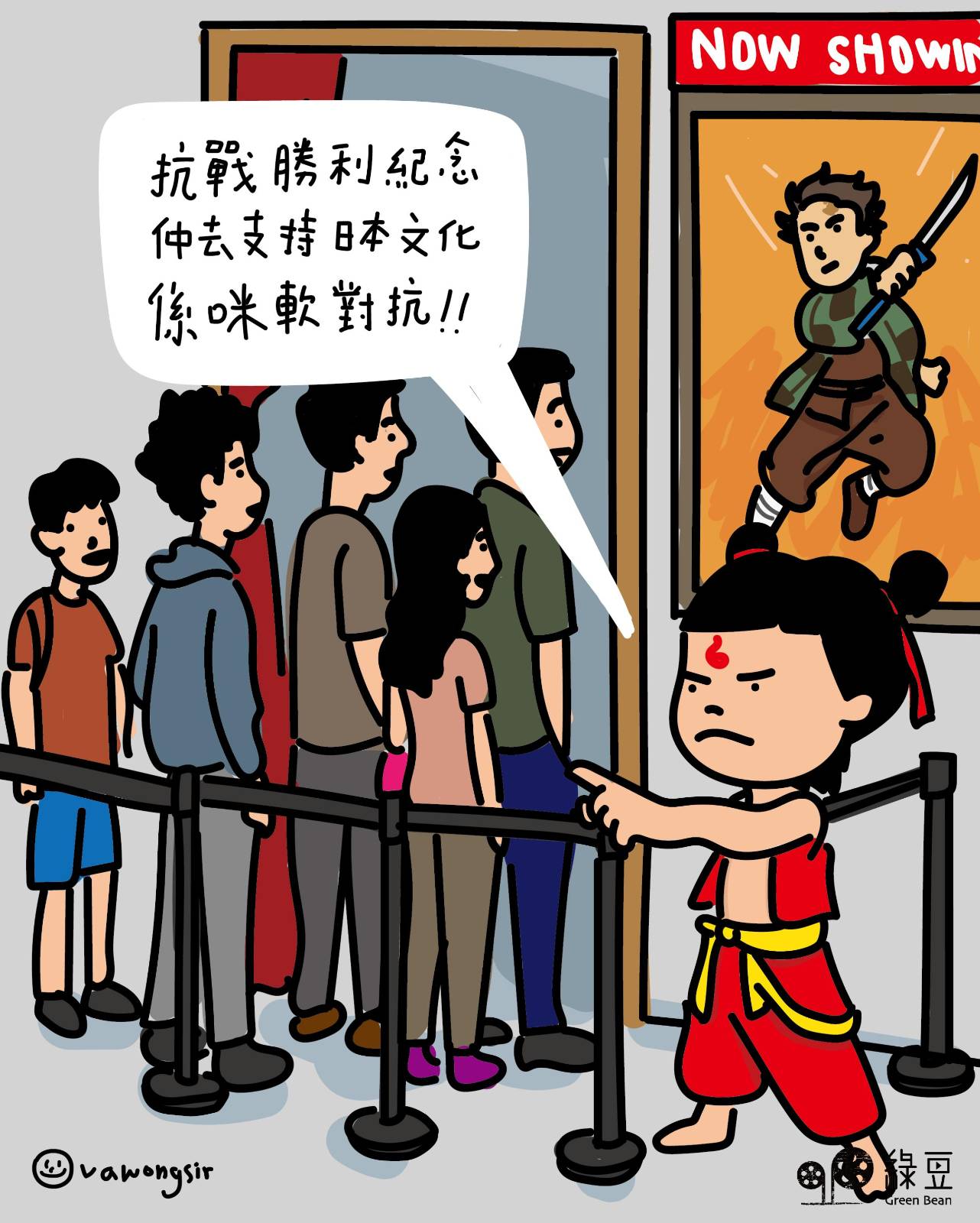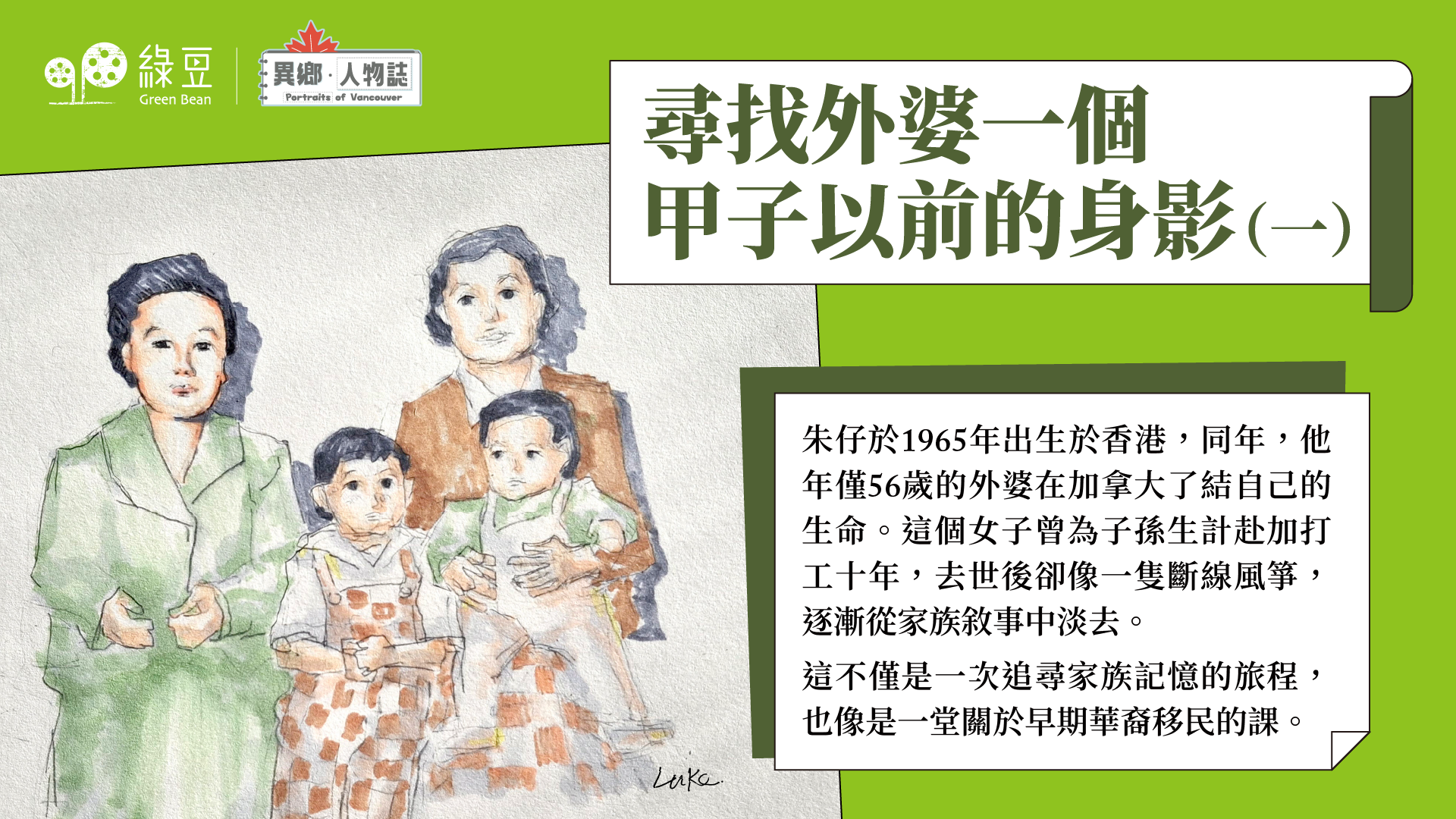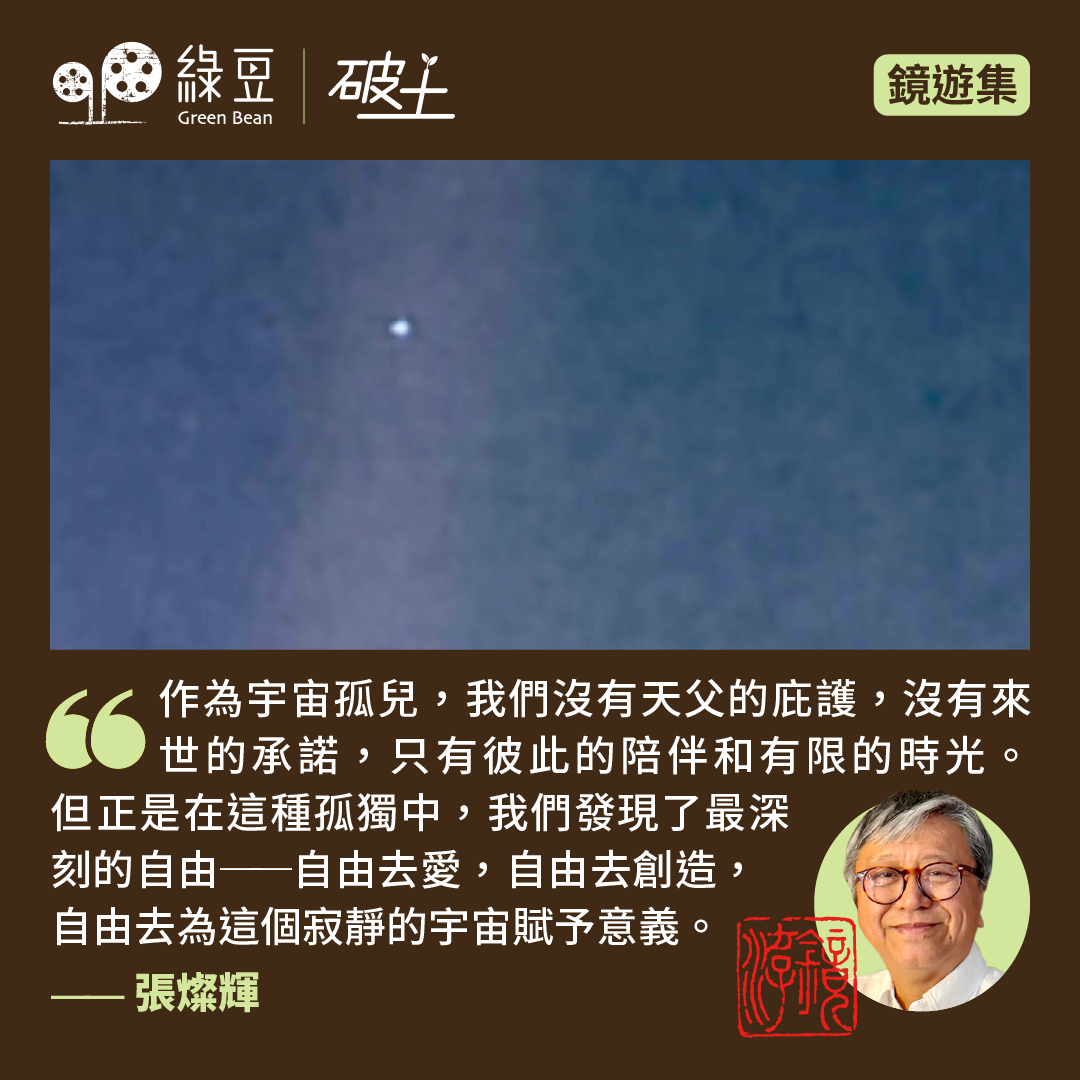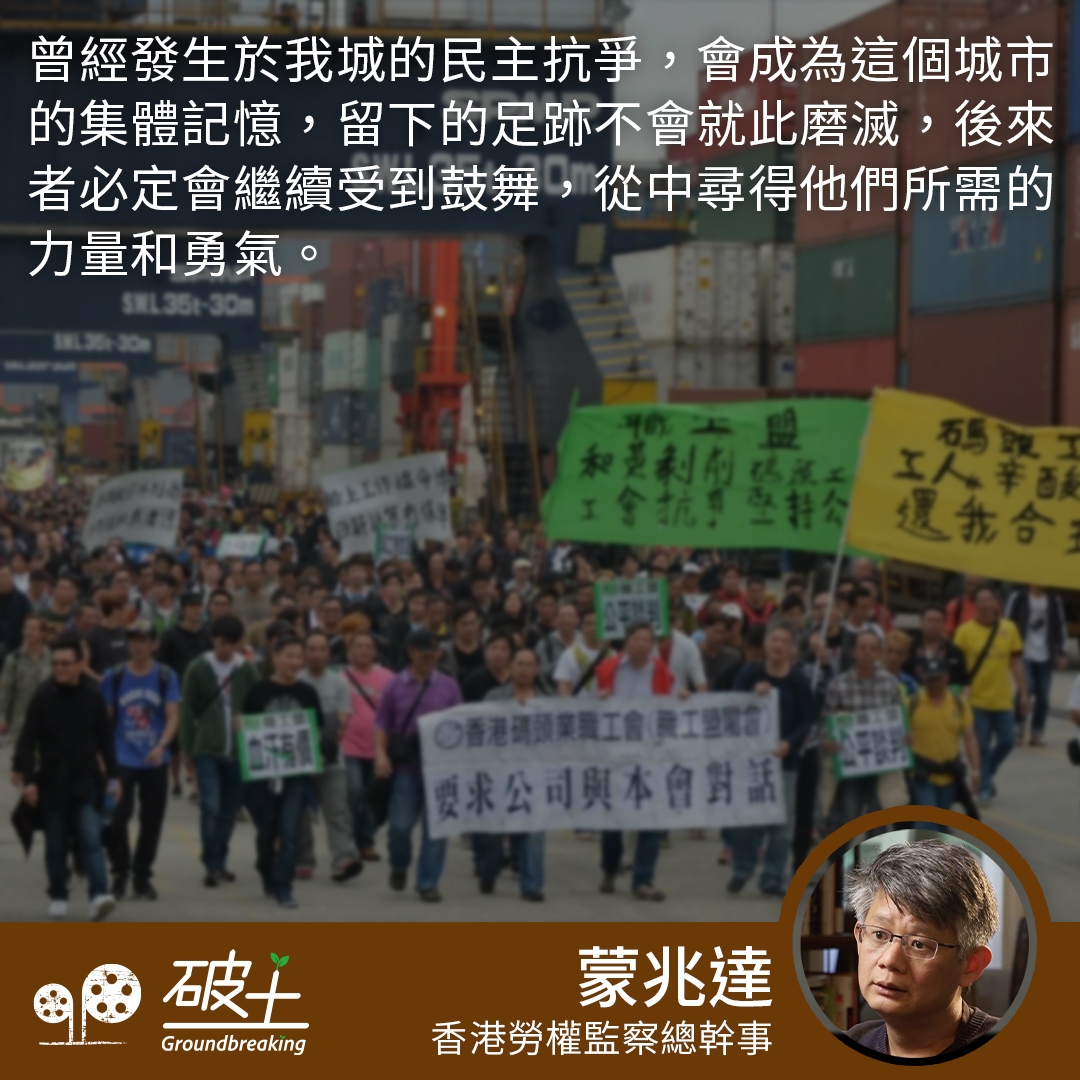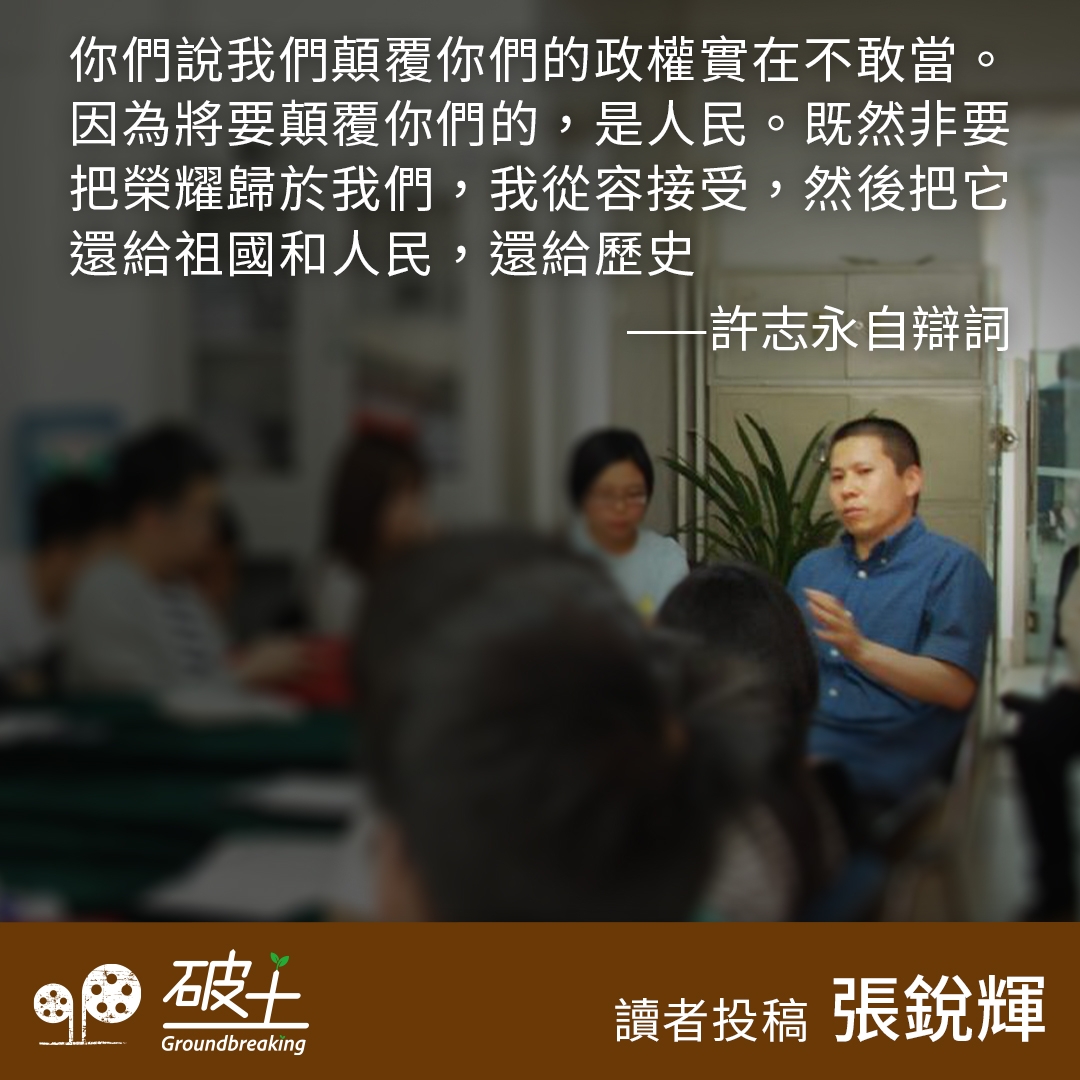National Security Law Five Years on: Unpacking Five Major Trends in Governance | Eric Lai
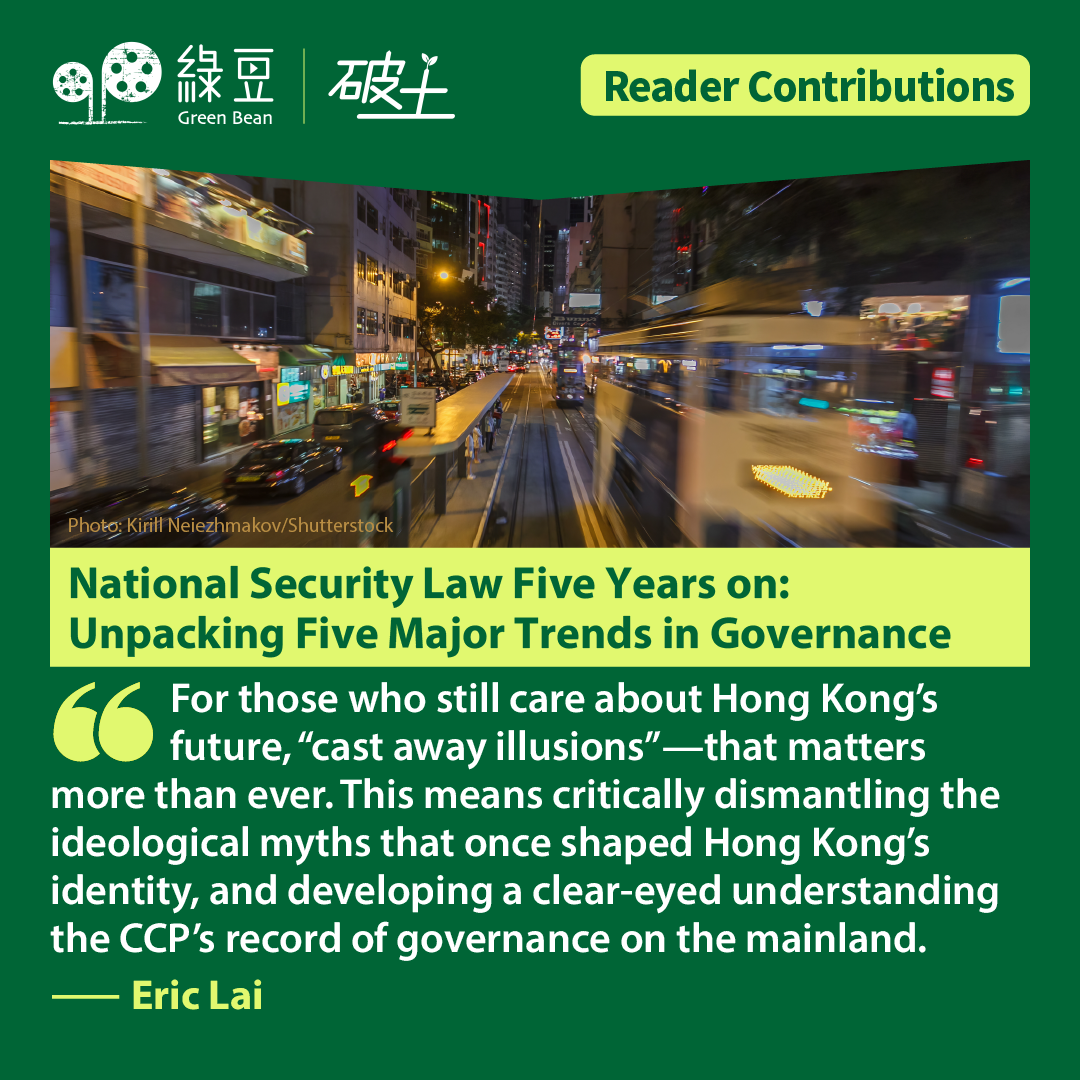
(Editor’s Note: In addition to having regular columnists, We welcome opinions from readers across the political spectrum—Left, Centrist, and Right.)
The League of Social Democrats (LSD) – a pro-democracy opposition party in Hong Kong founded in 2006 and committed to social democracy – has announced its disbandment following rumours last week. The party will not see its 20th anniversary. Its decision to dissolve marks the near-total disappearance of opposition parties in Hong Kong and stands as a symbolic moment on the fifth anniversary of the implementation of the Hong Kong National Security Law (hereafter the NSL).
Over the five years since the introduction of NSL and its enforcement apparatus (hereafter referred to as the “national security regime”), the city has undergone sweeping transformations across its political, judicial, social, economic, and cultural landscapes. What was once a hybrid regime—partly democratic, partly autocratic —has shifted decisively towards authoritarianism. State power has become increasingly concentrated in unelected executive authorities, while the legislative and judicial branches have been reduced to subservient extensions of the regime. Every institutional pillar that once served to check the political authorities —independent media, civil society, the human rights framework, and political opposition—has been dismantled one by one. The national security regime has expanded without checks and balances, and has been exerting control over all forms of independent agency and what it deems “soft resistance.”
More importantly, Hong Kong’s autocratisation process differs from that of many other jurisdictions: Hong Kong is not a sovereign state. As the sovereign power, the Chinese Communist Party can impose its will on the territory at any time without constraint nor limit. This asymmetrical power dynamic makes resisting authoritarian encroachment all the more difficult.
Since the implementation of the national security regime, many commentators and intellectuals—often self-identified as moderates, pragmatists, or even government-friendly voices—have expressed an optimistic view. They argue that, as the authorities claim the NSL targets only “a small handful” of individuals, the regime would cease its crackdown after punishing and eliminating its so-called “enemies of the state”. Hong Kong, they suggest, would then gradually “return to normal,” regaining its openness, vibrancy, and identity as a supposedly global city under the “One Country, Two Systems” framework.
Such narratives, however, are less optimistic than they are naïvely complacent—if not wilfully complicit in masking the realities of repression. This article provides a close examination of the political, judicial, social, and economic developments over the past twelve months, unfolding five major trends that characterise Hong Kong’s trajectory under the national security regime.
The Erasure of the Opposition and the Rise of a Spoils System:
Hong Kong’s experiment with pluralistic, competitive party politics—modeled loosely on liberal democracies —has now come to an end. Under mounting political pressure, the major opposition and pro-democracy parties, namely the Civic Party, the Democratic Party, and the LSD, have successively opted to dissolve. Notably, the disbandment of the LSD deserves wider attention. Since the enactment of the National Security Law, the LSD has been unable to carry out the kind of street protests and legislative resistance it was once known for. Even its limited public presence, such as setting up street booths under constant surveillance, has become, to a large extent, a token, with little capacity for mobilisation or influence.
That the LSD, in its diminished form, has been forced to disband speaks volumes: the authorities have now adopted a stance of “zero tolerance” even towards token forms of opposition. This stands in stark contrast to earlier official rhetoric about making Hong Kong’s elections “colourful” and society “inclusive and diverse.” In practice, political and social control has only intensified.
What has emerged in place of meaningful political plurality is a regime-centric spoils system. From the “District Services & Community Care Teams” and the “Three Committees”, to the restructured District Councils, Legislative Council, and Election Committee, the system is designed to guarantee the regime full control over appointments and the allocation of resources from taxpayers. This has created a multilayered network of social control. It is a hallmark of power centralisation—a key stage in Hong Kong’s ongoing autocratisation.
Judicial Weaponisation and Total Subservience to the Regime:
Over the past year, Hong Kong’s judiciary has become further succumbed to the national security apparatus. Far from acting independently, the courts have actively facilitated the regime’s agenda through the issuance of court warrants and judicial decisions. When the authorities placed bounties on exiled dissidents and ordered asset freezes against them, these were not unilateral administrative actions—they were signed off by the judiciary as well. In other words, what Western governments have condemned as “transnational repression” by Hong Kong authorities has in fact been endorsed by the city’s own legal system.
At the level of legal reasoning, the courts have not only aligned with executive power in their verdicts, but have also adopted the regime’s preferred narratives and justifications in their rulings. These include the government’s interpretations of public events and social movements, as well as selective factual claims that are used to legitimise those interpretations. For instance, the authorities routinely portray the 2019 anti-extradition protests as “black riot” or “serious unrest,” while omitting the mass peaceful demonstrations and the landslide pro-democracy victory in the District Council elections. Yet in handling politically sensitive or national security-related cases, the courts base their reasoning almost exclusively on the state’s framing, often invoking “judicial notice” to sidestep controversy—thus lending the judiciary’s authority to the regime’s political characterisations.
This dynamic has been evident in major cases such as the trial of the 47 pro-democracy activists and the prosecution of the former editors at Stand News. It also explains why the Court of Final Appeal’s recent ruling in favour of Chow Hang-tung—one of the few national security defendants to win an appeal—should not be seen as proof of judicial independence. In the same ruling, the court upheld the police’s power to expand investigations under national security grounds, including access to information about activities predating the NSL’s enactment. This effectively grants national security police broader legal authority in future cases. The ruling thus served less as a safeguard of rights, and more as an invitation for greater state convenience.
Even more concerning is the judiciary’s growing tendency to misleadingly invoke the principle of “judicial deference” to justify its stance. Courts have increasingly emphasised that only the executive government has the requisite authority and expertise to assess and decide matters relating to national security—thus laying the legal groundwork for the executive’s unchecked expansion of power. As I argued in a research report published last year, the application of judicial deference in the context of Hong Kong’s political regime not only misleads the public but fundamentally distorts the principle itself.
That report analysed the Court of Appeal’s judgment in the appellant case concerning the proposed injunction against the dissemination of a protest anthem Glory to Hong Kong.[1] The court had cited a UK case to affirm the legitimacy of judicial deference, claiming that even in liberal democracies, courts defer to the executive on national security matters. However, the Hong Kong court selectively omitted a crucial aspect of that UK ruling: one of the judges in that case explicitly noted that judicial deference could only be justified within a democratic system, where the executive is ultimately held accountable by the electorate. Under a liberal democratic regime, if the government errs or abuses its power, citizens can seek redress through democratic elections.
This illustrates that the foundation of judicial deference lies in the democratic principle of popular sovereignty. In liberal democracies, the executive must ultimately answer to the people. By contrast, Hong Kong’s political system lacks institutional democratic accountability. Therefore, invoking judicial deference to justify uncritical acceptance of executive decisions on national security is both incongruous and misinforming. It distorts the public’s understanding of legal principles and effectively shields the regime’s continued suppression of free expression and free information flow under the pretext of national security.
What we are witnessing is the collapse of a “Hong Kong exceptionalism” in the legal domain: the myth that the city can maintain the rule of law without democracy. In reality, Hong Kong’s judiciary now exhibits a trajectory well-documented in academic studies of law and authoritarianism: courts do not merely serve as instruments of repression, but also as sources of legitimacy to authoritarian governments. Through rulings that carry the veneer of judicial authority and reputation, the courts legitimise the regime’s increasingly repressive governance. [2]
Ever-Expanding Lawfare and Manufacturing Demands:
Following the enactment of the NSL in 2020 and the passage of the Safeguarding National Security Ordinance (commonly referred to as “Article 23 legislation” or SNSO) in 2024, Hong Kong’s authorities have shown no signs of slowing down legalisation of repression. Contrary to expectations that the Article 23 legislation would satisfy the government’s appetite for national security enforcement, various government bureaus have since introduced a stream of new legislative bills and executive regulations. This reveals a deeper logic: the perpetual creation of stringent laws under the banner of national security sustains the very legitimacy and momentum of the national security regime.
Ranging from the enactment of the Protection of Critical Infrastructure (Computer Systems) Ordinance to amendments of the Trade Unions Ordinance, and to the Executive Council’s promulgation of the Safeguarding National Security Regulations (a subsidiary legislation to the Article 23 law), the trend is unmistakable. These measures are not merely about transplanting the concept of “safeguarding national security” into all aspects of society, but they are also expanding the authority of government departments and law enforcement agencies to interpret and define what constitutes a national security matter.
Specifically, the Safeguarding National Security Regulations formally codifies the already near-unlimited enforcement powers of the Office for Safeguarding National Security, a special apparatus subject to the central authorities in Beijing. Far from placing limits on executive power, these legal instruments serve the opposite function: to provide formal justification when exercising arbitrary or unrestrained authority. This is the essence of the so-called “lawfare” approach—deploying laws and statutes to legalise political control and suppress political opponents.
An additional consequence of this legislative campaign is the creation of institutional demand to “safeguard national security”. The government often justifies new laws on the basis of responding to “national security threats.” Yet at the same time, it allocates public funds to implement these laws, especially where new departments, offices, or personnel are required. In effect, the existence of such bodies depends on the continued assertion of security threats. Without the claim of ongoing danger, what justification would there be for these posts and agencies to remain?
This results in a paradox at the heart of public governance: the regime must claim to be addressing national security risks, while simultaneously proving that such risks continue to exist. In this way, the logic of safeguarding national security becomes self-reinforcing, locking the system into a permanent police state.
Introducing “Economic Security” to Tighten Control over the Business Sector
The paradoxical logic described above has increasingly manifested when the political authorities commence to censor and regulate commercial activity in Hong Kong. A notable development over the past year has been the extension of national security concepts and enforcement measures into the business realm, a trend that directly contradicts claims that the national security regime does not harm Hong Kong’s business environment.
This tightening grip on the commercial sector has revealed in three directions: targeting multinational and foreign companies, large local conglomerates, as well as small and medium sized enterprises. The Glory to Hong Kong injunction case mentioned earlier offers a clear illustration. When the Court of Appeal overturned a lower court decision and granted the injunction, tech giant Google was among the first to comply by geoblocking access to the specified videos for Hong Kong users. Shortly afterwards, a UK-based distributor responsible for uploading the song also removed it from streaming platforms.
These actions were likely driven by calculations of legal and commercial risks. Rather than engaging in protracted legal battles with courts operating under an authoritarian regime—an effort that would consume company resources—it appeared easier, even rational, to comply. After all, they could claim to be merely following the law and the court order, regardless of whether they are fair or reasonable. “Responsibility does not lie with us,” they might say.
Yet the practical effect of their decisions was clear: it demonstrated to the Hong Kong and Chinese authorities that multinational and foreign firms are unlikely to challenge national security laws or court rulings when doing business in the city. It also affirmed that Hong Kong’s courts are fully capable of providing legal cover to justify government suppression of free expression and the free flow of information. In this way, corporate compliance serves not only the state’s political agenda, but also bolsters the perceived legitimacy of authoritarian legal norms.
The state’s targeting of Hong Kong’s major tycoons has recently been exemplified by the case of CK Hutchison Holdings, founded by Li Ka-shing, and its reported intention to sell its port operations in Panama. Following news of the potential sale, CK Hutchison came under fierce criticism from state-owned media outlets such as Wen Wei Po and Ta Kung Pao, as well as from the “patriotic” lawmakers and government officials. They claimed that proceeding with the sale at a time of heightened US–China tensions would harm China’s national interests. Some state media commentators even went further to suggest that the NSL should be invoked to investigate whether the transaction amounted to collusion with foreign forces or posed a threat to national security.
Consequently, various news reports have indicated that the process of the deal were put on hold under political pressure, and the transaction now remains uncertain. Although the authorities have not announced any formal investigation or arrests against CK Hutchison following the NSL, this saga marks a significant turning point: it is the first time the regime’s propaganda apparatus invokes “national security” rhetoric to scrutinise the commercial activities of a so-called “patriotic businessman.” In doing so, it redefined international trade—ordinarily a routine part of global commerce—as a potential threat to national security.
Under both Chinese and Hong Kong law, the concept of national security has been expansively defined to include “economic security” and “financial security,” among other sweeping categories. Thus, even when the Hong Kong government proclaims that it welcomes foreign investment and seeks to re-establish the city as a global financial and trading hub, it simultaneously subjects local business elites to intense political pressure. The government’s goal appears to police the Hong Kong business sector, compelling them to serve as geopolitical instruments in China’s rivalry with the West, especially the United States.
A recent example of this tightening grip over local business sector is the new regulation introduced by Hong Kong’s Food and Environmental Hygiene Department, which now includes “national security-related conditions” in the terms of various licences and permits. These new clauses stipulate that if the licence holder or any related party is involved in any “offending conduct,” the licence may be immediately revoked. Even if the holder appeals to a statutory body, the revocation will not be suspended during the process. Continuing business operations after revocation would be considered unlawful.
The term “offensive conduct” is broadly defined to include any act or activity that “constitutes or may lead to the commission of any offence endangering national security,” or that, “in the government’s reasonable opinion,” might pose such a risk or otherwise be deemed contrary to national security or the public interest. These conditions apply not only to restaurants, but also to food factories, market stalls, public entertainment venues, private swimming pools, funeral homes, and related businesses.
In short, small and medium sized enterprises in Hong Kong that require licences to operate must now not only comply with conventional commercial regulations, but also ensure their operations do not, in any way, pose a threat to “national security.” These vague and expansive conditions will undoubtedly affect how businesses hire staff, source goods, and engage service providers.
Objectively speaking, such politicised oversight of the private sector increases both operational costs and psychological pressure on businesses. Out of concern for compliance, employers may avoid hiring individuals previously imprisoned for politically-driven charges, or may refuse to source products or services from individuals or organisations under surveillance or deemed by authorities to be engaged in “soft resistance.” Given how imprecise the concept of “endangering national security” has become, firms may feel compelled not only to passively comply with the national security regime, but to actively align with and embrace it—becoming contributors to the state’s ideological enforcement.
Hong Kong’s contemporary business environment is increasingly beginning to mirror the world Václav Havel observed. Narrated in his work, The Power of the Powerless, Havel described a greengrocer who places a sign in his shop window reading, “Workers of the world, unite!” Havel explains: “the greengrocer declares his loyalty (and he can do no other if his declaration is to be accepted) in the only way the regime is capable of hearing; that is, by accepting the prescribed ritual, by accepting appearances as reality, by accepting the given rules of the game. In doing so, however, he has himself become a player in the game, thus making it possible for the game to go on, for it to exist in the first place.”[3] Local businesses in Hong Kong, much like the greengrocer, are being drawn into a system in which displays of political conformity are no longer optional but expected.
Escalating the “Anti-Soft Resistance” Campaign and the Assault on Hong Kong’s Information Environment
Back in 2021, then-Director of the Liaison Office and National Security Adviser Luo Huining declared that “acts endangering national security” could be divided into “hard resistance”, which should be punished by law, and “soft resistance”, which should be “regulated according to law.” Yet today, the authorities’ definition of “soft resistance” has elevated from a regulatory concern into something treated as a criminal offence.
For instance, Secretary for Security Chris Tang has described “soft resistance” as including activities where “certain individuals use seemingly unrelated issues to divide society and stir up hatred toward the Hong Kong SAR and central governments.” But this description is nearly identical to the current legal elements of the offence of sedition. Meanwhile, Secretary for Education Christine Choi cited the children’s picture book “Sheep Village” as an example of soft resistance, even though the courts have already classified that book as a seditious publication, with its authors convicted and having served prison sentences.
In effect, the government’s tough position towards the so-called “soft resistance” has escalated: it is no longer merely a matter for regulation, but something to be actively “punished by law.” Lau Siu-kai, a long-time pro-establishment intellectual and former policy adviser to Chief Executive Tung Chee-hwa, recently wrote in a mainland journal that soft resistance may take forms such as “implication” , “misdirection”, “insinuation”, “satire”, “defamation”, “subtle influence”, “metaphor”, “rumour-mongering”, “subtle criticism”, “dissemination of disinformation”, “selective reporting”, “malicious interpretation”, etc.[4]
If this “thought-crime–like” framework becomes official doctrine, it would further expose the logic underpinning the national security regime: it is not about drawing lines between crimes and conduct, but about expanding the scope of punishment itself. The ideological battle against soft resistance will undoubtedly further erode freedom of expression and Hong Kong’s already-diminished information landscape.
Indeed, as several research reports have already noted, the city’s information and speech environment has been severely deteriorated by the NSL and the SNSO. An expanded crackdown on “soft resistance” will only worsen this, undermining the capacity of ordinary citizens, businesses, the cultural and creative industries, academia, and even foreign investors to receive and share information—whether in the form of public records, commentary, investigative journalism, artistic expression, or economic analysis. As access to diverse sources of information narrows, the public’s and even the government’s ability to grasp social realities, identify public sentiments and make sound judgements will be further diminished. The social pulse becomes harder to track, weakening the foundations of good governance. That said, it appears that the political authorities still prioritise national security and eliminating soft resistance over economic prosperity and open society. Safeguarding national security continues to be the major “red banner” of governing Hong Kong nowadays.
The ever-expanding reach of the national security regime increasingly resembles the Leviathan in Hobbes’ Leviathan—a giant, overpowering entity. Independent institutions and autonomous forces capable of containing its growth have steadily diminished in Hong Kong. This is the objective political and social reality we face. Yet as we look to the future, we must ask: what positive and constructive resources still remain at our disposal?
Given the limited space here, a full discussion is not possible. Nonetheless, if there is one core reflection that impressed me in light of the course of events in the past five years, I would humbly say: we must never interpret legal and judicial developments in isolation from structural realities. The concepts and practices of the rule of law and judicial independence cannot be divorced from their social and political foundations—they are products of liberal democratic systems. Rule of law and democracy, understood as popular sovereignty, are mutually dependent institutions. Under democratic backsliding, the burden placed on the judiciary to check executive overreach is becoming ever heavier, let alone in a legal system long shaped by colonialism and authoritarianism like Hong Kong.
To evaluate the state of the rule of law or judicial independence solely by referencing the formal structure and jurisprudence of the common law and the functioning of the judiciary, while ignoring the overarching authoritarian infrastructure and the process of autocratisation, misses the forest for the trees. Worse still, it risks playing into the hands of those who exploit the language and integrity of the common law system to reinforce autocratic rule. In doing so, they continue to promote a misguiding narrative of judicial independence, exhausting the legitimacy and credibility of the legal system to confer a façade of legality and legitimation to the political authorities.
The LSD, just announced its disbandment, once adopted a slogan quoting Mao Zedong: “Cast away illusions, prepare for struggle.” (丟掉幻想,準備鬥爭) In today’s Hong Kong, the idea of struggling for democracy in the ways of the past is no longer acceptable. The term “struggle” itself has returned to its origins in the Chinese Communist Party’s political lexicon—now serving as an ideological cornerstone for the deepening implementation of the national security regime.
But for those who still care about Hong Kong’s future, it is the first half of that slogan— “cast away illusions”—that matters more than ever. This means critically dismantling the ideological myths that once shaped Hong Kong’s identity, such as the unexamined reverence for “rule of law”, and developing a clear-eyed understanding of history, including the CCP’s record of governance on the mainland. Only by grounding our beliefs and values on solid rock rather than on sand can we begin to live and act with sincerity and integrity.
Notes:
[1] https://www.law.georgetown.edu/law-asia/wp-content/uploads/sites/31/2024/12/241204_GTHK-Injunction-Analysis_FINAL.pdf
[2] https://www.cambridge.org/core/books/rule-by-law/64D05AB3BEAFEE4C86E01883B9A143DC
[3] https://hac.bard.edu/amor-mundi/the-power-of-the-powerless-vaclav-havel-2011-12-23
[4] https://bau.com.hk/app/article/1367096731737006080/app/content_1367096731737006080.html
▌ Eric Lai, PhD is the research fellow at the Center for Asian Law, Georgetown University Law Center. His works include Resistance through the Cracks: Understanding Hong Kong’s Rule by Law and Resistance in the Courtroom in Comparative Perspective (2024) and Legal Resistance under Authoritarianism: The Struggle for the Rule of Law in Hong Kong (2025)。
